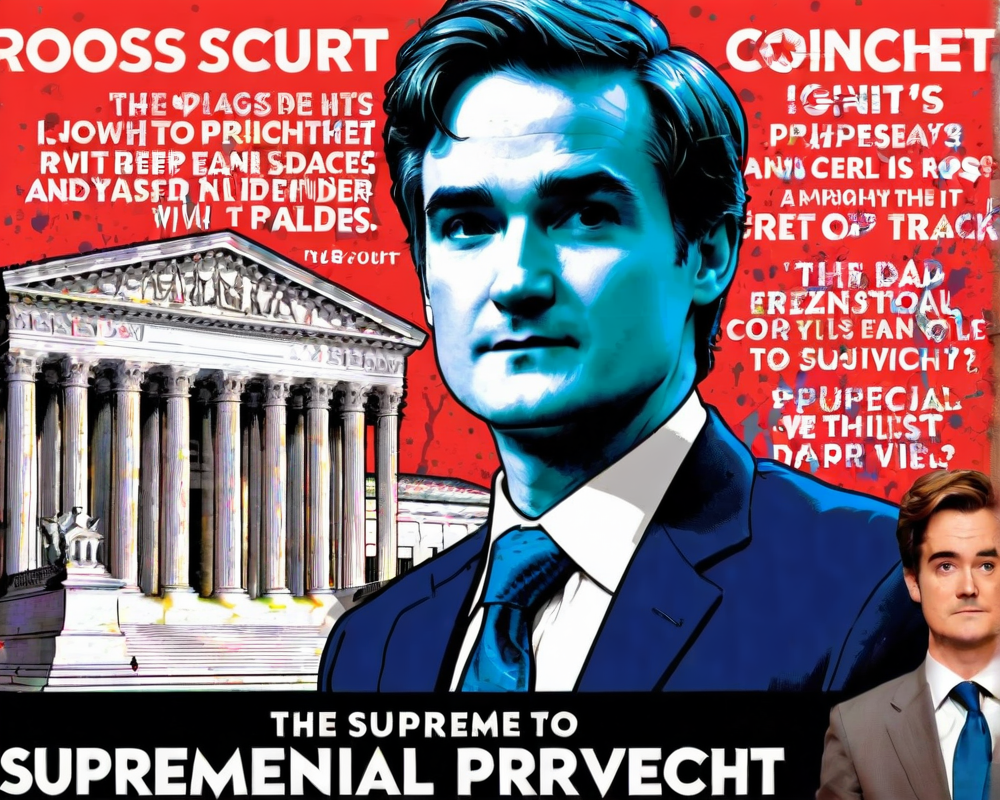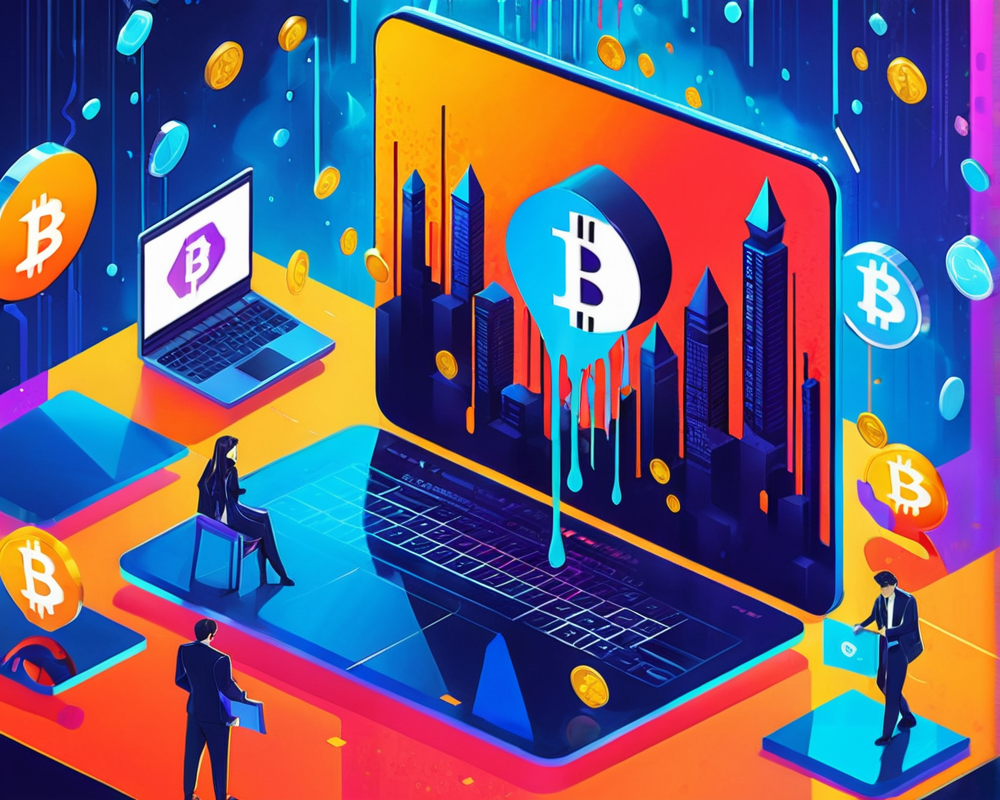Understanding the Ulbricht Case
The recent decision of the U.S. Supreme Court to deny the appeal of Ross Ulbricht, infamously known as the “Dread Pirate Roberts,” leaves many pondering the broader implications of internet freedom and justice. In 2015, Ulbricht was handed a life sentence for his role in operating the Silk Road, a darknet marketplace infamous for drug distribution and various cybercrimes.
The Reaction to the Denial
Twitter exploded with reactions, particularly from Ulbricht’s supporters, including the account @free_ross, which labeled the ruling as “devastating.” The tweet highlighted the impact on personal freedoms, claiming that it represents a detrimental decision against internet privacy.
What Led to the Life Sentence
- Convictions: Ulbricht was convicted of multiple charges including drug trafficking, hacking, fraud, and money laundering.
- The Operation: The Silk Road facilitated various illicit activities on an unprecedented scale, raising significant legal questions surrounding anonymity and online marketplaces.
Financial Fallout
In an ironic twist, the U.S. Department of Justice (DOJ) seized 144,336 Bitcoin (BTC) during the takedown of the Silk Road, with a valuation nearing $48 million at the time of seizure. This massive cryptocurrency hoard further highlights the financial stakes involved in such digital operations.
Rethinking Online Commerce
This case brings forward critical discussions on the future of online marketplaces. If individuals can receive life sentences for facilitating trade in illicit goods, what does this mean for innovations in ecommerce? Are we punishing the creators of virtual platforms more than we are addressing the underlying societal issues?
Looking Ahead
As legal battles rattle on in the world of technology and privacy, the implications of the Supreme Court’s decision extend beyond just Ulbricht. It raises questions about how society will navigate the murky waters of internet law and individual rights moving forward.
“This isn’t just about one man’s life sentence; it’s about the precedent set for the future of internet privacy and freedom.”




